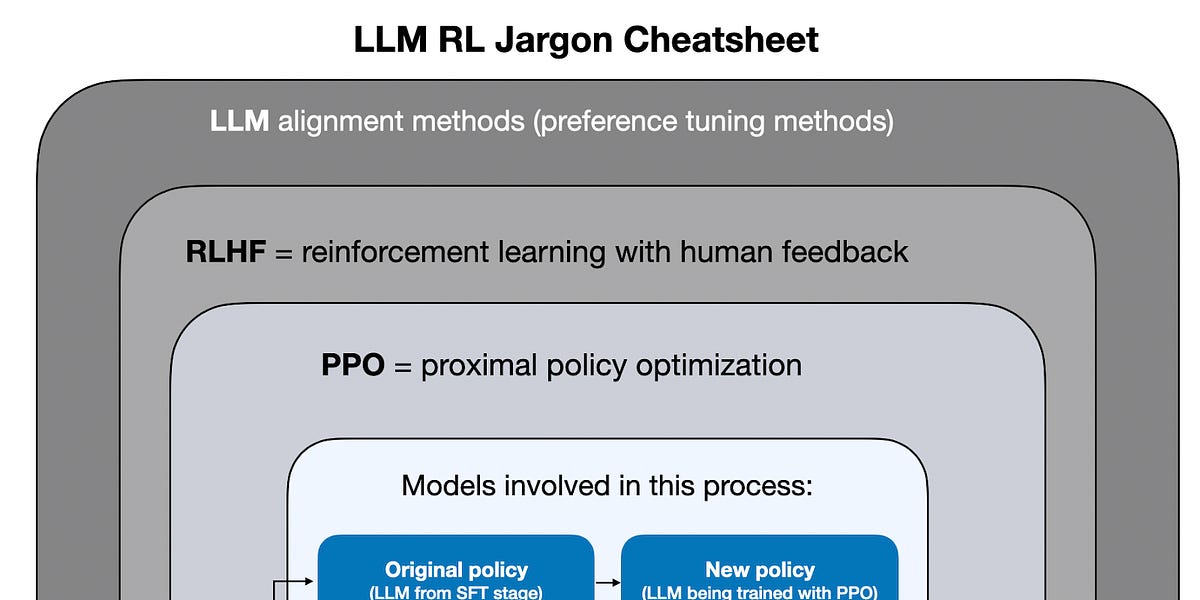- Published on March 31, 2025
- In GCC
"If India counters with its own tariffs, it could disrupt supply chains, increase costs, and slow market expansion for both countries.”

Illustration by Diksha Mishra
As US President Donald Trump renews his push for protectionist trade policies, his proposed reciprocal tariffs are causing concern among Indian exporters. Announced earlier this month, these tariffs—set to mirror the duties that other countries impose on American goods—are scheduled to take effect on April 2. While Trump’s decision to delay similar tariffs on cars and auto parts from Mexico and Canada gives US automakers some breathing space, there is little indication that India will receive the same consideration.
Sanjay Varnmal, co-founder and CEO of Spyne.ai, stated that the real impact of these tariffs will depend on how India chooses to respond. “If India counters with its own tariffs, it could disrupt supply chains, increase costs, and slow market expansion for both countries,” he said. “For American automakers looking at India as a key market, higher tariffs could make their vehicles less competitive.”
On the flip side, Varnmal noted that this situation could motivate Indian manufacturers to focus more on domestic production and explore new export markets.
“The reciprocal tariff system might accelerate efforts to strengthen domestic production and focus on exports to other regions,” he explained. “However, if India decides to lower duties on high-end American vehicles, it will do so with the intent to keep trade relations balanced.”
He pointed to research by SBI, which suggests the effects may be less damaging than feared. “Even if the US increases tariffs by 15-20%, India’s overall exports are expected to decline by only 3-3.5%,” he said, adding that India’s ongoing efforts to secure trade agreements with the UK and the EU could help soften the blow.
“Ultimately, the industry will have to adapt—automakers will have to find ways to optimise supply chains, explore alternative strategies, and focus on expanding their presence in other growing markets,” he concluded.
What This Means for India’s GCCs
While exporters are watching the tariff situation closely, the outlook for India’s global capability centres (GCCs), particularly in automotive research and development, appears more stable. “For now, R&D in GCCs in India is unlikely to be directly affected by tariffs. India has emerged as a global hub for automotive R&D with over 60 active automotive GCCs, spanning electric vehicles, AI-driven automation, and mobility solutions,” Varnmal said.
He cautioned, however, that if tariffs lead to wider trade restrictions, companies might need to rethink their investments. “But given India’s strong digital and engineering capabilities, it might remain a compelling destination for automotive innovation,” he added.
When asked whether this situation might discourage companies from setting up new automotive GCCs in India, Varnmal said, “Not necessarily. India’s appeal as an R&D and engineering hub extends beyond trade policies. The country offers a deep talent pool, cost advantages, and a growing domestic market for electric and connected vehicles.”
He believes that while tariffs might impact vehicle imports and exports, they don’t directly affect the strategic advantages that make India a global R&D powerhouse. He pointed out that over 20 global automakers, including General Motors, Volkswagen, Volvo, Ford, Marelli, and BorgWarner, already have R&D centres in India.
“Major players will continue investing in Indian GCCs, especially for software-defined vehicles, AI-driven automotive solutions, and next-gen mobility tech,” he said. “If anything, this situation may encourage more localised manufacturing and innovation, reinforcing India’s position as an automotive tech leader rather than just a production base.”
Trade Tensions and the Bigger Picture
In February, Prime Minister Narendra Modi’s visit to the US led to an agreement to begin talks on a new bilateral trade deal. However, these discussions are not expected to influence the upcoming reciprocal tariffs, which are set to take effect next month. During his State of the Union address on March 4, Trump singled out India as a significant contributor to trade imbalances and reaffirmed his commitment to imposing matching duties.
Alouk Kumar, founder and CEO at Inductus Limited, shared his thoughts on the broader implications for India’s GCCs. “Trump’s pro-America policies, including tariffs and immigration curbs, may cast a subtle shadow over India’s GCCs in the near term, but this is more of a ripple than a tide.”
He further stated that automotive GCCs may even benefit from the current situation if automakers choose to localise operations to avoid tariffs.
A Strong Outlook for India’s GCCs
The future outlook for India’s GCCs remains optimistic. Kumar shared that projections estimate GCCs in India will generate over $110 billion by 2030. “American companies are unlikely to retreat; instead, they will adapt, leveraging India not just as a cost-effective hub but as a strategic partner in navigating the complexities of a changing global landscape.”
“The story of India’s GCCs is one of innovation, and it’s still at a nascent stage,” he concluded.
Consistent Growth Despite Uncertainty
Echoing this sentiment, Vikram Ahuja, co-founder of ANSR and CEO of 1Wrk, expressed confidence in India’s GCC future despite Trump’s policies. “The consistent momentum in GCC expansion through 2024 and early 2025 demonstrates that global enterprises, particularly US-based companies, see India as a critical hub for talent, innovation, and operational efficiency,” he said.
While some policy shifts may affect outsourcing trends, Ahuja believes they won’t halt the rise of India’s GCCs.
He also pointed to India’s growing role in global technology leadership. “With deep expertise in AI, machine learning, and digital technologies, India’s workforce provides the capabilities that global enterprises need to scale their AI initiatives, enhance automation, and drive next-generation innovation,” he said.
Ahuja stated that the numbers tell the story. “Major players like Meta, Google, Ford, Amgen, and ANZ are increasing their presence in India, while new entrants—including McDonald’s, Goodyear, Sonoco, Cyara, and Dark Matter—have announced GCC setups,” he shared. “In Q4 2024 alone, more than 22 new GCCs were established, and in early 2025, the trend has continued with over 12 new setups and over 14 expansions. Over 30 new GCCs are expected to be established in the next five to six months.”
“India’s GCC ecosystem has proven to be resilient, future-ready, and indispensable to global enterprises. Rather than seeing a decline in American companies setting up GCCs in India, the current trends suggest a continued expansion and deepening of GCC investments as companies seek to balance operational efficiencies with long-term innovation and competitiveness in a tech-driven global economy,” Ahuja concluded
📣 Want to advertise in AIM? Book here

Shalini Mondal
Shalini is a senior tech journalist, exploring the latest advancements in AI. When she's not reporting on the latest innovations, you can find her immersed in her next literary adventure.
Related Posts
Subscribe to The Belamy: Our Weekly Newsletter
Biggest AI stories, delivered to your inbox every week.
Happy Llama 2025
AI Startups Conference.April 25, 2025 | 📍 Hotel Radisson Blu, Bengaluru, India
Data Engineering Summit 2025
May 15 - 16, 2025 | 📍 Hotel Radisson Blu, Bengaluru
MachineCon GCC Summit 2025
June 20 to 22, 2025 | 📍 ITC Grand, Goa
Cypher India 2025
Sep 17 to 19, 2025 | 📍KTPO, Whitefield, Bengaluru, India
MLDS 2026
India's Biggest Developers Summit | 📍Nimhans Convention Center, Bengaluru
Rising 2026
India's Biggest Summit on Women in Tech & AI 📍 Bengaluru

 2 weeks ago
13
2 weeks ago
13









